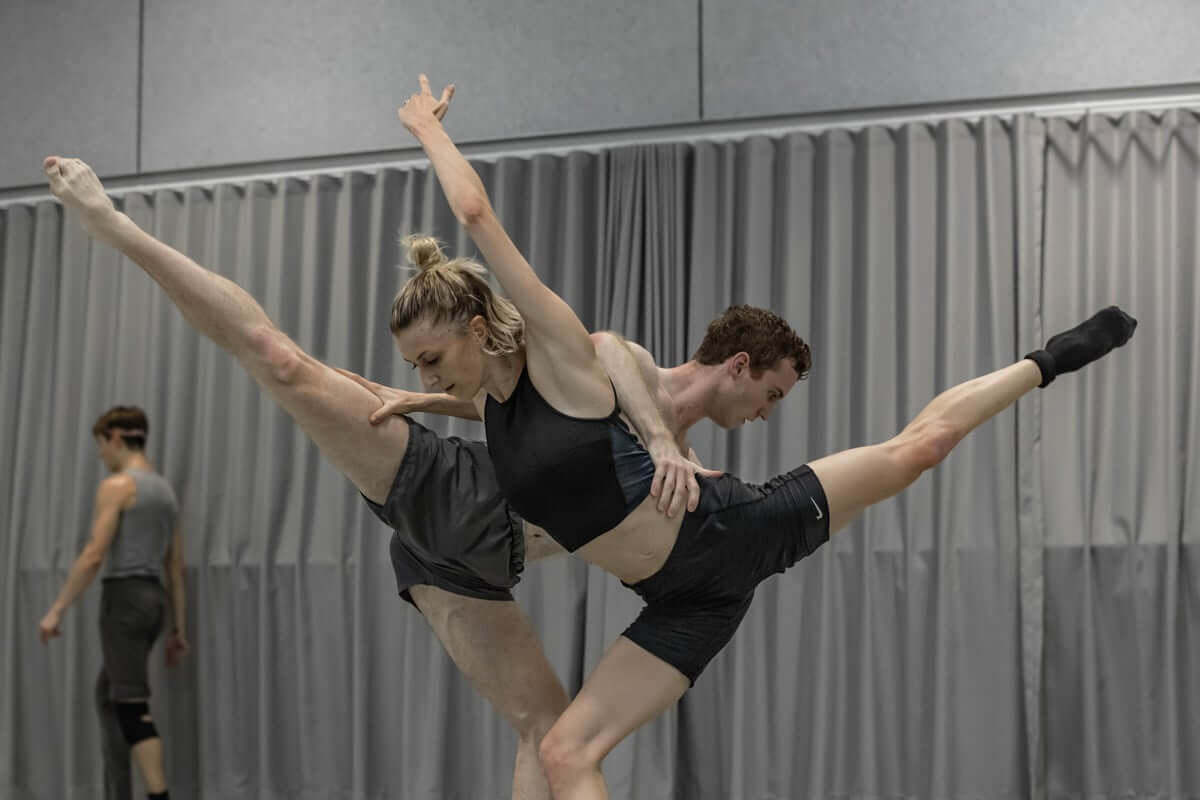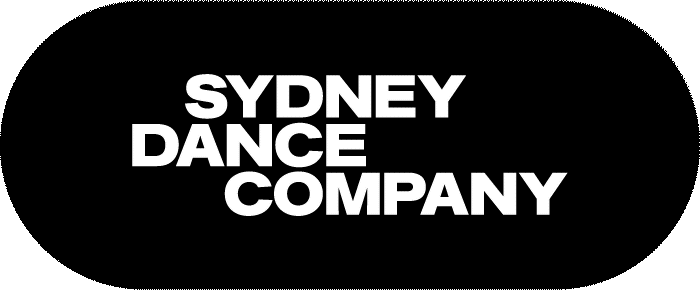Company dancer Juliette Barton on juggling motherhood


published
There comes a point for most dancers where returning to the stage is either no longer desirable or no longer physically possible. Long, irregular hours, continuous touring, ageing bodies all take their toll.
Simon Turner Sydney Dance Company’s Stage Manager made the transition from on-stage to back stage in 2010, re-joining the Company for stage two of his career.
Simon Turner danced with Sydney Dance Company from 1992 to 2008. He has been stage manager for SDC since 2010.
You had an extensive career as a dancer… what made you decide it was time to retire?
I think there comes a time in every dancer’s life when they come to the realisation that unfortunately time has run out and you physically are not capable of performing to the level required and you desire to. This is different for everyone, for me I needed to weigh up the physical pain of performing at such a peak level and my love of performing. Age 36 and after a 16-year career I felt it was my time to walk away.
You chose to retrain as a stage manager, what made you choose that role?
For me it felt like a natural transition. I have a great love for dance and live theatre as a whole and value the role it plays in creating a nation’s culture, I wanted to find a way to still be engaged in the live performing arts sector and remain involved particularly in the performance element of it. When the opportunity came up at Sydney Dance Company I jumped at it and haven’t looked back.
How did you find transitioning from a stage career to a behind the scenes career?
Quite natural really. To be as fortunate as I was to be appointed stage manager of a company that I had spent all my professional career with was like my second golden ticket. I was still part of the family and felt fully supported as I transitioned into the role.
What new skills or qualifications did you have to learn in order to become a stage manager?
Where do I start? Stage management covers a boarder range of skills than that of a dancer. There is the administration side of things as well as the performance side. It was a steep learning curve and it was really sink or swim. I threw myself into learning all I needed as quickly as I could and I’m still learning. I think you never stop as new challenges present themselves.
I did a lot of practical hands on learning through Dominic Chang as my mentor, I seconded myself in the evenings to my lovely friends at Opera Australia observing them and listening to the practical advice they offered me. I had to re-engage and polish my ability to read music in order to call from a live musical score, learn how to compose a prompt copy and proper procedures for the health and safety of the company.
Being a stage manager you are responsible for the running of the whole performance and are required to know all aspects of it both technical and artistic. Calling shows is my favourite part, to be involved in real time with the performance still gives you that burst of adrenalin and to observe the extraordinarily talented dancers of the company perform each night is a joy.
What do you enjoy about your post-performance career?
I’m so very lucky to still be heavily involved in the arts and still play an important role for a company I love and indeed grew up with. I would be very unhappy if I wasn’t able to pursue a creative career. Not being in pain anymore certainly is a bonus too.
Read more about Simon here